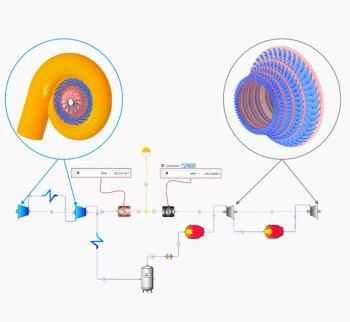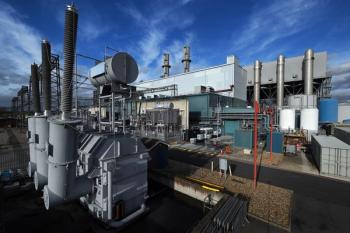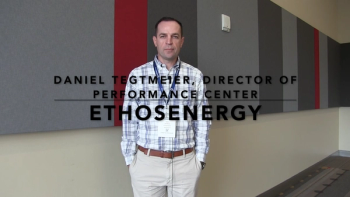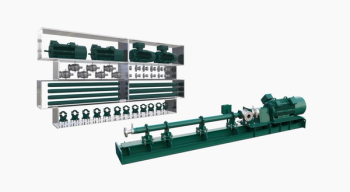
With Golden Pass, US aims to be dominant LNG exporter
In 2014, Golden Pass, a joint venture of Qatar Petroleum, ExxonMobil and ConocoPhillips, had said it will add LNG production facilities at $10billion.
Meanwhile, the project to operationalizing six LNG trains at nearby Sabine Pass is underway. The export capacity of Sabine Pass stands at 4.5 mtpa and when completed the six trains will produce 27 mtpa, roughly 10% of global production.
With the dramatic increase in domestic natural gas production, the United States is transitioning to become a net exporter of natural gas. The department of energy has authorized a total of 19.2 Bcf/d of natural gas exports to non-FTA countries from planned facilities in Texas, Louisiana, Florida, Georgia, and Maryland. These projects, if built, would position the US to be the dominant LNG exporter in the world. Qatar presently has a capacity of slightly over 10 Bcf/d. Australia's capacity is at 6 Bcf/d.
Golden Pass estimates the construction of its facility will provide 45,000 direct and indirect jobs over five years, and the project will provide 3,800 direct and indirect permanent jobs over the next 25 years of operational activity. Golden Pass also estimates the cumulative impact of construction and 25 years of operation will provide up to $2.4 billion in federal tax revenues and $1.2 billion in state tax revenues.
Increased natural gas production in the United States is helping to improve our energy security while stimulating economic development and job creation around the country. This increase in domestic natural gas production is expected to continue, with the U.S. Energy Information Administration’s Short Term Energy Outlook projecting an average dry natural gas production rate of 73.1 Bcf/d in 2017, the second highest on record.
Newsletter
Power your knowledge with the latest in turbine technology, engineering advances, and energy solutions—subscribe to Turbomachinery International today.




